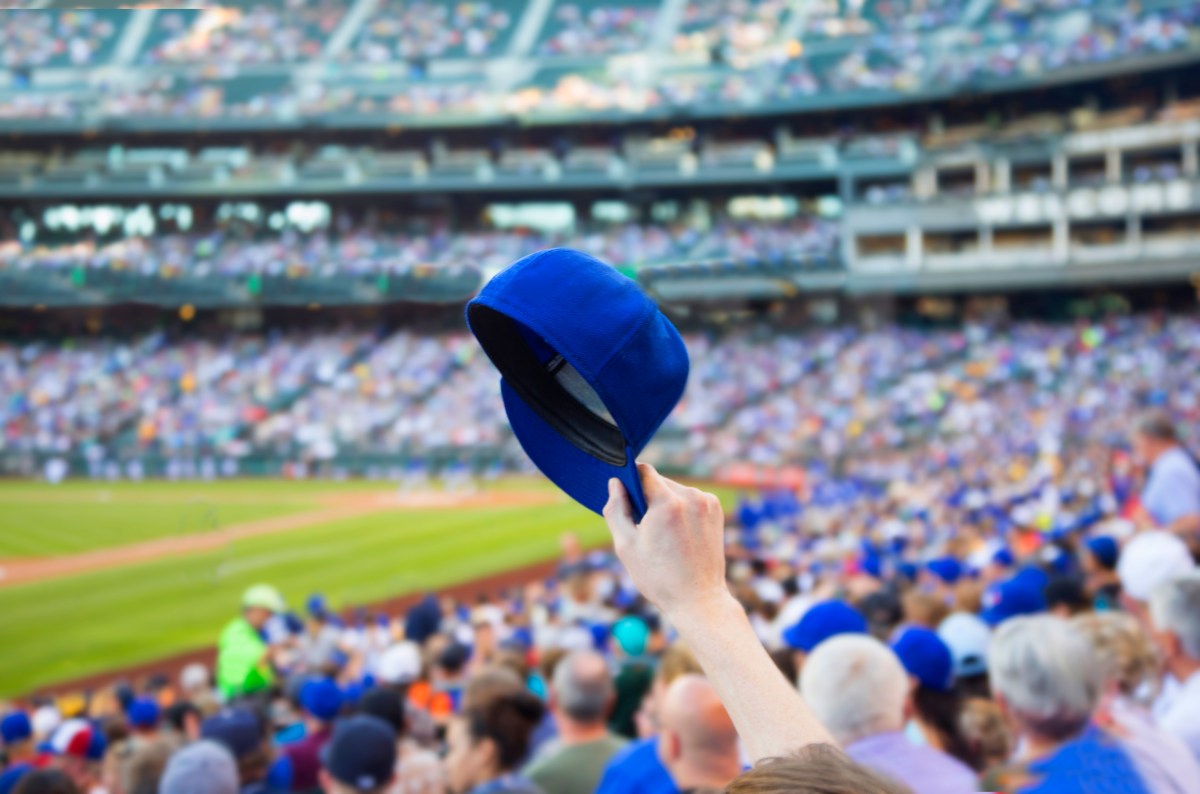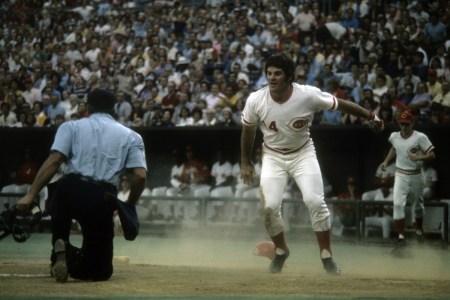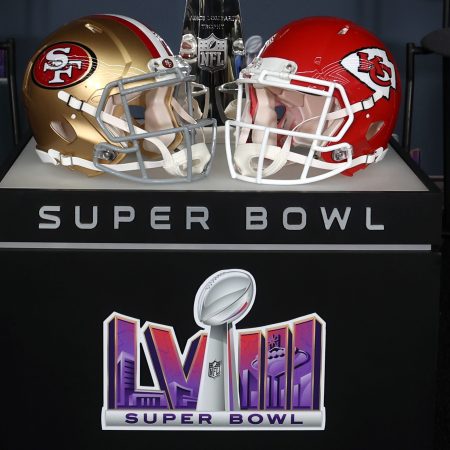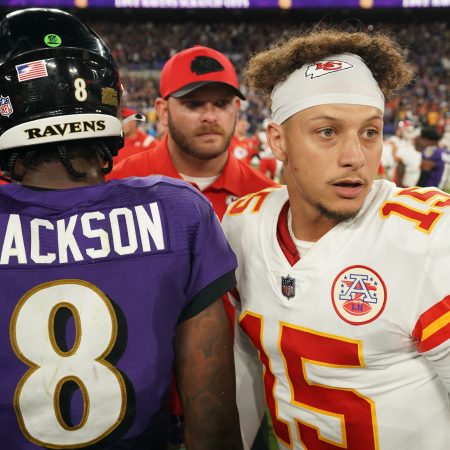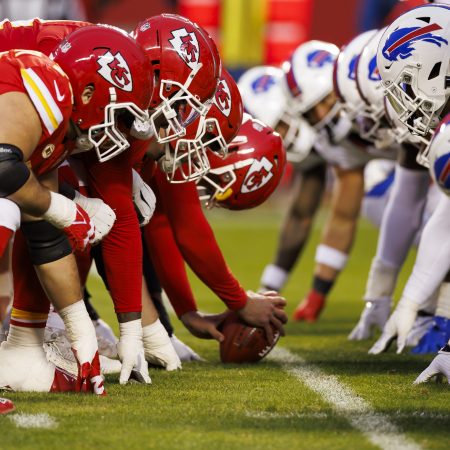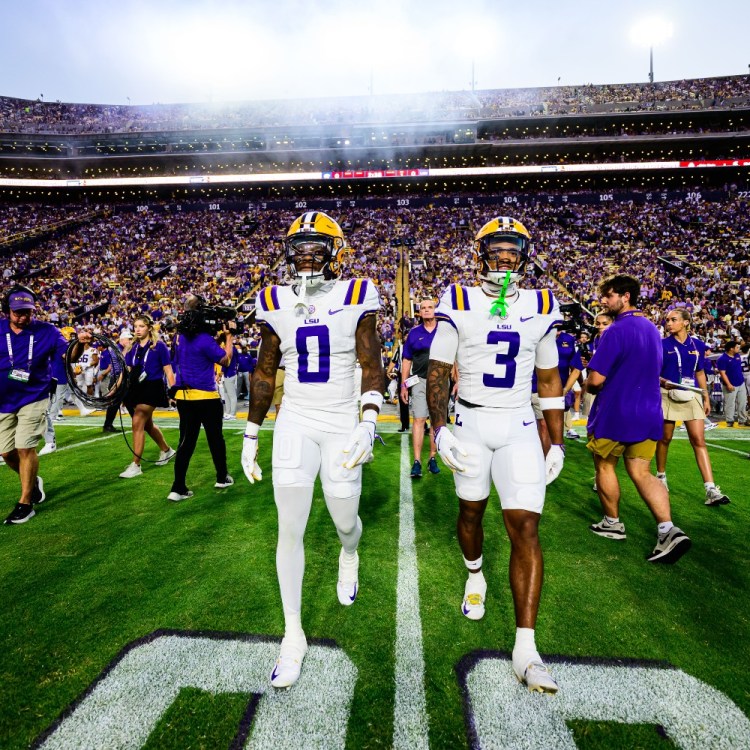I got into an argument with my mother in our family group text recently about my bedtime as a seven-year-old. The year was 1986 and my favorite team, the New York Mets, were playing in the World Series. If you have even a passing interest in Major League Baseball, you know what happened in the last half inning of game six that year. Down two runs, with no runners on and two outs, the Mets rallied back to beat the Boston Red Sox. The most memorable moment came when Sox first baseman Bill Buckner allowed a “little roller up along first” off the bat of Mookie Wilson to “get through” him, as Series broadcaster Vin Scully famously said. Hobbled by lower leg injuries, Bucker had to move quickly because the speedy Wilson was certainly capable of beating him to the bag, but his error allowed Ray Knight to score from second base with the game-winning run.
I missed it all. Not just the incredible at bat by Wilson, in which he fouled off a number of two-strike pitches from Sox reliever Bob Stanley, but the Gary Carter rope into left field that started the rally. I didn’t see pinch hitter Kevin Mitchell’s base hit either, or Knight’s bloop single into right-center that sent Carter home and a streaking Mitchell to third in the inning’s most overlooked heads-up play on the basepaths. Mitchell’s awareness allowed him to score the tying run on a Stanley wild pitch shortly thereafter.
All that happened on a Friday night, while I was asleep. My parents were at the damn game, but I was in bed, as I was that Sunday night, too, when the Mets came from behind to beat the Red Sox again and win their only World Series championship in my lifetime.
You might be thinking it was reasonable for a parent to not let their young child stay awake until about 11:30 p.m. That was my mom’s take. But game six was on a Saturday. And while seven, delayed by rain, took place on a school-night Monday, I wound up not going to class that Tuesday anyway. Why? My mom woke my brothers and I up and took us to the Mets’ victory parade in Manhattan’s Canyon of Heroes.
That was nice. But for apparently no good reason, as school apparently wasn’t that important, I didn’t watch on live TV what remain the two best moments of Mets baseball since my birth. And it is because of this fact that I watch tons of baseball live on TV and in person today.
I’m waiting to see the Mets win it all again. It sure as shit isn’t because the product on the field across MLB is any good.
If the Mookie Wilson of today stepped to the plate down a run and needed just a base hit to tie the game, there’s a chance he might swing for the fences and then strike out. That’s what players do now, they say, because MLB pitchers’ stuff is so good that teams can’t string hits together to score runs. They’re going the more efficient route of one swing meaning at least one run on a round-tripper. But this has led to more “true outcomes” in MLB at bats, which are either home runs, walks or strikeouts. The home runs are nice, if you’re into instant gratification. Walks are significantly less exciting and don’t mean as much when the next guy up is going to fall over three times from swinging so hard anyway. And strikeouts suck for obvious reasons.
Pete Rose, Controversial Baseball Player, Dead at 83
His life and legacy remain deeply contentiousAdd all this up and MLB features less “action” than ever. To address this, over the years the league has introduced a number of literally game-changing rules to inspire more excitement on the field, while at the same time shortening them, as game times ballooned precipitously over the past couple decades. No run up to a Major League season has featured more discourse about rules changes, though, than this year. For the first time, baseball will have a clock — the pitch clock — that will force pitchers to deliver the ball faster to the plate. Managers will no longer be able to shift infielders so they may overpopulate one side of the field and rob what otherwise would have been base hits by batters between defenders. Pitchers can’t check runners on bases with infinite throw-overs anymore and the bases have been made bigger, all to compel more eye-engaging stolen-base attempts.
Faster-paced games with more hits, baserunners and flares of athleticism would be great, for sure. I just wish it wasn’t so artificially contrived by the game’s capitalist leaders.
Money was behind MLB owners, coaches and players turning a blind eye to the ridiculously obvious steroid problem. More than just “chicks” dig the long ball, apparently, and baseball needed a boost in positive press after the 1994 players’ strike. With home run records falling (without the sacrifice of an inordinate number of strikeouts), the country paid attention to baseball again.
Money has also been behind the growing foundational changes legislated into the game, including the 2020-implemented “three-batter rule” for relief pitchers and the “ghost runner” extra-inning rule. When those didn’t shorten the game enough for MLB leaders to think young fans with shorter attention spans would be interested in them, they took greater steps in that direction.
God forbid the league simply shorten its commercial breaks, as New York Post columnist Phil Mushnick suggested in 2021. But I get that MLB needs to make money, and lots of it, to ensure the best players in the world want to be a part of it. Fine. So why doesn’t the league just enforce a rule it already has on the books, which restricts the amount of times batters can step out of the box, something MLB did in 2015? Hitters didn’t love that rule, and eventually umpires stopped enforcing it, but not before it helped trim seven minutes off of game times across that season.
Regarding the shift and stolen bases, teams would have eventually figured out ways to get on base with more efficiency and put pressure on pitchers and defenders by becoming more aggressive on the base paths. Between 2017 and 2019, as well as the 2021 season, the MLB team leaders in on-base percentage appeared in the World Series. Most of the top-10 teams make the playoffs perennially. The best teams also run the bases well, even stealing some of the highest totals in baseball, too. So, when it comes to wins, it’s not all about home runs that are cool for a few seconds only.
Organizational leaders are certainly aware of this data, but it takes time — years, certainly — to implement change throughout a Major League clubhouse and those of the minor leagues. An organic pivot away from home runs (and strikeouts) toward an approach of shift-bucking bunts and stolen-base attempts, which would’ve helped solve the problem of “too little action” in the game, is now out of the question.
There’s a line where baseball will cease to be baseball if the MLB keeps enacting new rules. (With them, the game’s historical records, which were the focus of so much conversation in my youth when comparing players from past generations, won’t mean anything anymore — if they don’t already.) In my opinion, with these new rules changes and the implementation of others in recent years — those already mentioned, as well as the use of instant replay, which impinges fan reaction to on-field moments, while also decreasing the chances of super-fun manager-umpire arguments — have pushed the game very near that line of unrecognizability. (The NFL is already there with its rules changes and, like many others, I’m not nearly as interested in it as I once was.) I’ll judge for myself if MLB has gone over this line when the games that count get going today and in the coming months. If I’m not watching then, I’ll have my answer.
The league and its team owners would have gotten their money even if they didn’t continue to futz with the game. TV revenue will continue to soar as more people cut their cable cords and move to streaming and on-demand services. Baseball and other sports will be about the only thing people will need to watch live on TV, and they’ll never be able to replicate what it’s like to actually attend a game — after paying for a ticket, of course. It’s because of all this and other factors that MLB franchises have only gone up in value year after year and that’s not going to stop anytime soon.
Don’t get me started on parity or the betting-platform partnerships, which are hypocritical to MLB’s history of rightfully virulent gambling crackdowns against players and may encourage fan engagement of harmful addictive behaviors. And we still have robo umps to look forward to as well, which will further take away the human element of a game played by humans for entertainment’s sake.
If MLB keeps it up — and/or the Mets finally lift the Commissioner’s Trophy — they might not get my money anymore. I, now an adult with free will, won’t be staying up late to watch any games or go to them, either. I write this not because I hate baseball, but because I love it.
I just want it back to the way it was.
Whether you’re looking to get into shape, or just get out of a funk, The Charge has got you covered. Sign up for our new wellness newsletter today.
